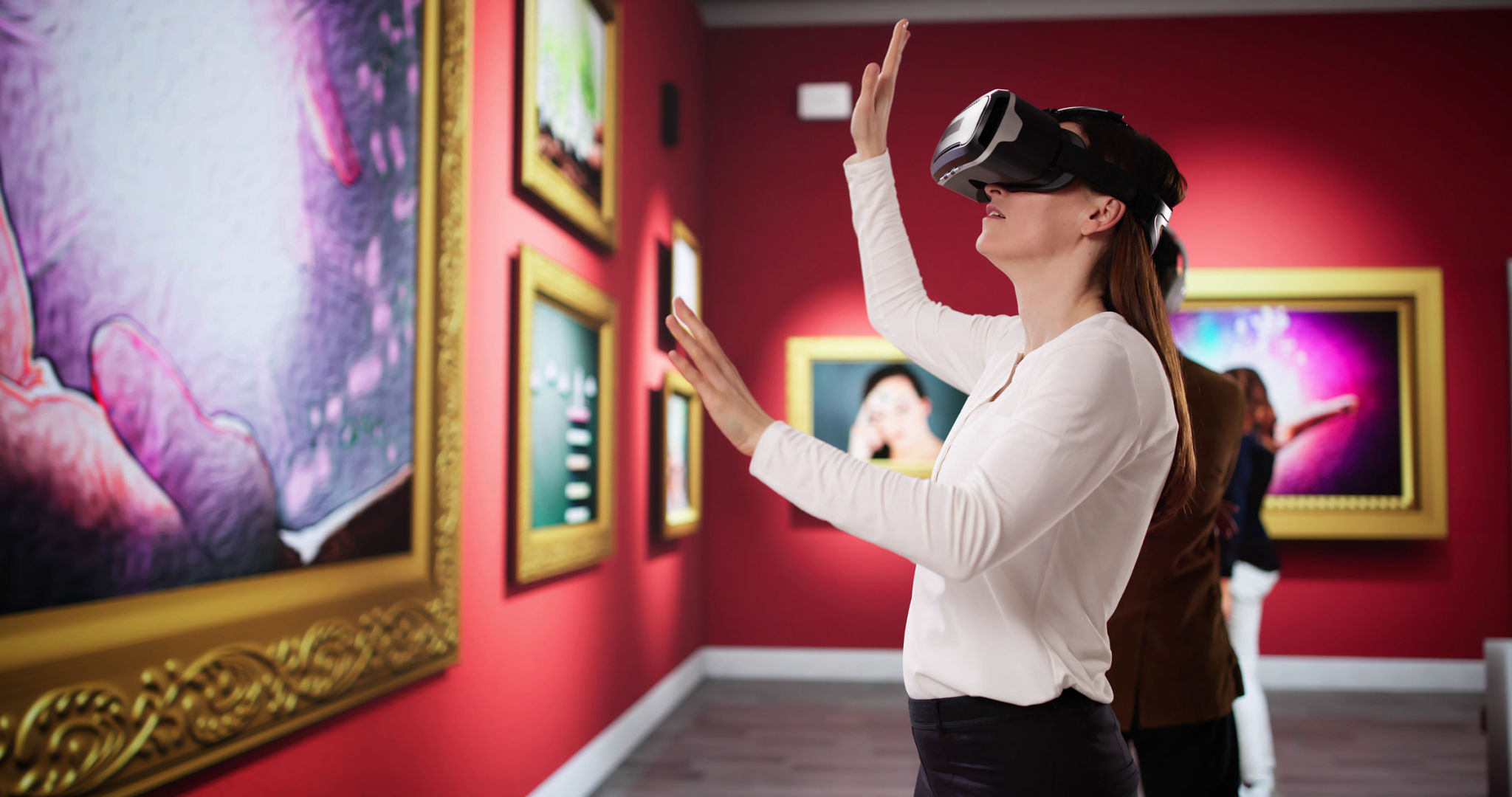From Optical Tricks to Mind-Bending Art: Exploring Illusion Trends
The Evolution of Optical Illusions
Optical illusions have fascinated humans for centuries, transforming from simple tricks of the eye into complex works of art. These illusions play with our perception, making us question what we see. Today, artists and designers are pushing the boundaries, creating mind-bending experiences that captivate audiences worldwide.
The journey from basic optical tricks to intricate artworks highlights the evolution of both technology and creativity. Artists are now able to manipulate light, color, and perspective in ways that were unimaginable just a few decades ago.

The Science Behind the Illusions
Understanding why optical illusions work is as intriguing as the illusions themselves. They play on the brain's tendency to interpret visual information based on past experiences and expectations. This can lead to fascinating discrepancies between what we see and what is reality.
Neuroscientists study these phenomena to explore the brain's visual processes. These insights not only deepen our understanding of human perception but also inspire artists to create more intricate illusions that challenge our senses.
Modern Interpretations in Art
Contemporary artists are using illusions to create immersive experiences that blur the line between reality and art. Installations that change appearance based on the viewer's angle are just one example of how artists are incorporating these elements into their work.

By integrating technology, artists can create interactive pieces that engage both visually and physically. These modern interpretations invite viewers to become part of the artwork, offering a unique and personal experience.
Influence on Digital Media
The digital realm has opened new doors for illusion art. Graphic designers and digital artists are using software to create stunning visuals that could never exist in the physical world. These digital illusions captivate audiences on social media platforms, where they are shared and admired by millions.
This trend is not just limited to static images. Motion graphics and virtual reality are also being used to create dynamic illusions that mesmerize viewers and offer new ways to experience art.

The Future of Illusion Art
As technology continues to advance, the possibilities for illusion art are endless. Artists are exploring augmented reality (AR) and artificial intelligence (AI) to push the boundaries even further. These tools allow for the creation of personalized experiences that adapt in real time to the viewer's actions.
With these innovations, the future of illusion art promises to be even more exciting, offering experiences that are as mind-bending as they are beautiful.
Engaging the Senses
Illusion art is evolving from a purely visual medium to one that engages all the senses. Artists are experimenting with sound, touch, and even scent to create multisensory experiences. This holistic approach enhances the illusion, making it more immersive and impactful.
The integration of multiple senses not only enriches the artistic experience but also broadens the appeal of illusion art, attracting a diverse audience eager to be amazed.

In conclusion, the world of illusion art is a testament to human creativity and the endless possibilities of perception. From simple optical tricks to mind-bending artistic experiences, illusions continue to captivate and inspire, offering a glimpse into the potential of our imagination.
